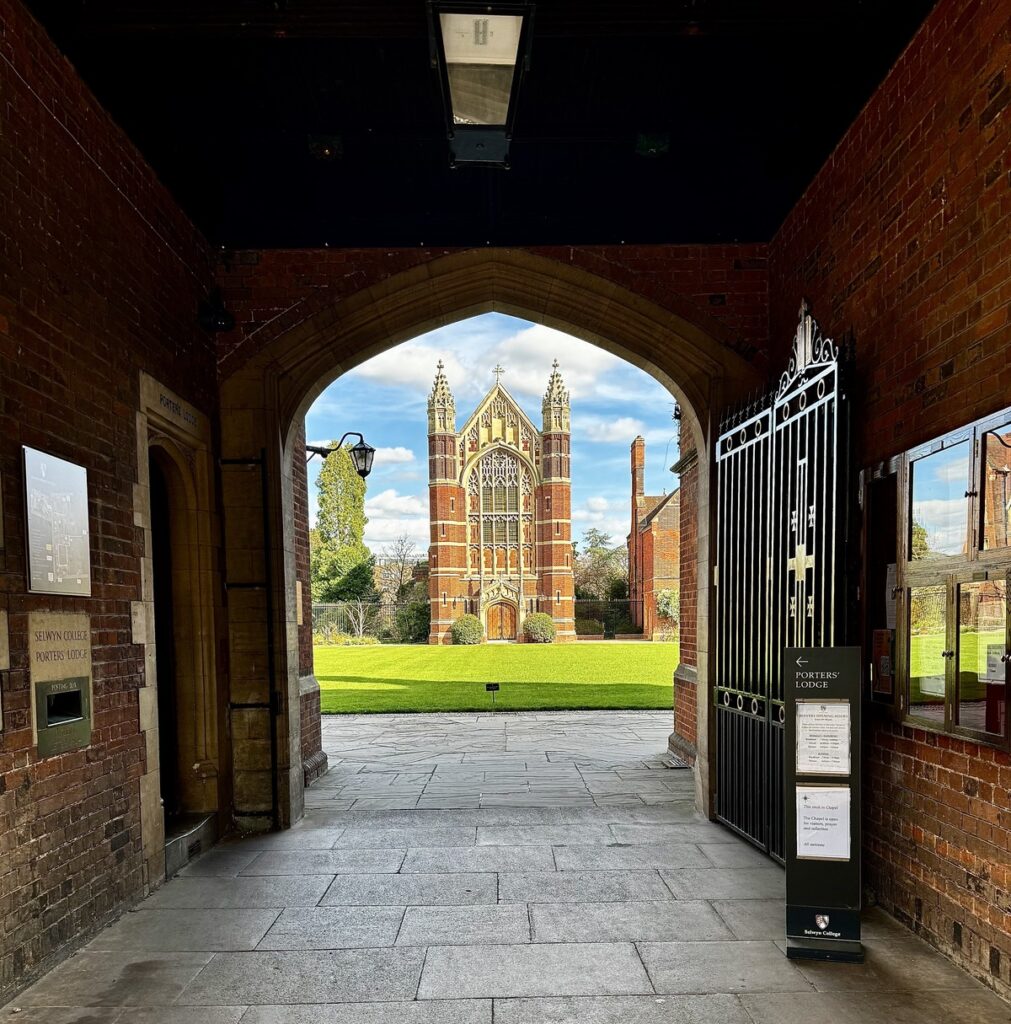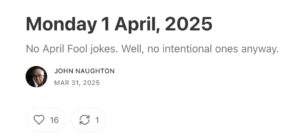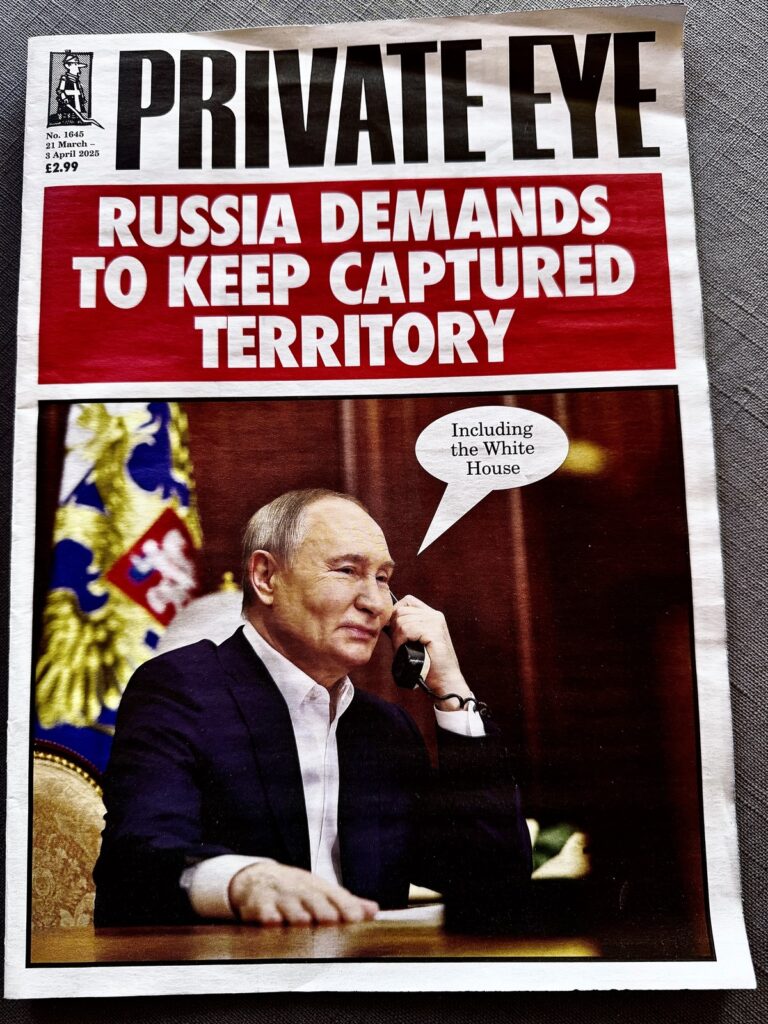’A crowd, a host of…

“…Golden daffodils”. And I wasn’t even wandering, lonely as a cloud, just walking through a college garden.
Quote of the Day
”Some drink deeply from the river of knowledge. Others only gargle.
- Woody Allen
Musical alternative to the morning’s radio news
JJ Cale | Call Me Breeze
Wow! I didn’t want it to end.
Long Read of the Day
Snookered
Rabbithole warning. I’ve just read this lovely essay by Kieran Setiya. Trouble is, it’s a meditation on a New York Review of Books essay by the Irish writer Sally Rooney. So if you embark on the first, you’re going to wind up reading the second. But here’s the thing: the journey is worth it.
Rooney is writing about the great snooker player Ronnie “The Rocket” O’Sullivan. Setiya starts with an admission — that he doesn’t have “Rooney’s verbal gifts, and a video is worth a million words, so if you want to know what he can do and you have five minutes to spare, watch this”.
It’s a video of O’Sullivan clearing a snooker table with a display of skill that is simply mind-blowing.
And of course you watch it, and you’re hooked.
Setiya concludes that
Rooney’s questions — “Why do we call O’Sullivan a savant?” and “How is what he does even possible?” — are, I think, related to one another. A picture holds us captive. We have an idea of how one would have to do what he does — by mathematical physics and physical translation — and that can’t be how he does it. So it can’t be done.
We’ve been snookered and our task is to escape the trap, a task that involves more than mere description: we have to uproot the sources of our puzzlement in misconceptions of mind and body, as Rooney indicates.
But my question at the end of all this was: ‘How on earth does Rooney do it?’ She’s a phenomenon in her own right.
Genetic data: another asset to be monetised – beware who has yours
Yesterday’s Observer column
Ever thought of having your genome sequenced? Me neither. But it seems that at least 15 million souls have gone in for it and are delighted to know that they have Viking ancestry, or discombobulated to find that they have siblings of whom they were hitherto unaware. The corporate vehicle that enabled these revelations is called 23andMe, which describes itself as a “genetics-led consumer healthcare and biotechnology company empowering a healthier future”.
Back in the day, 23andMe was one of those vaunted “unicorns” (privately held startups valued at more than $1bn), but is now facing harder times. Its share price had fallen precipitately following a data breach in October 2023 that harvested the profile and ethnicity data of 6.9 million users – including name, profile photo, birth year, location, family surnames, grandparents’ birthplaces, ethnicity estimates and mitochondrial DNA – and there have been internal disagreements between its board and the CEO and co-founder, Anne Wojcicki. So on 24 March it filed for so-called Chapter 11 proceedings in a US bankruptcy court in Missouri.
At which point the proverbial ordure hit the fan because the bankruptcy proceedings involve 23andMe seeking authorisation from the court to commence “a process to sell substantially all of its assets…
So many books, so little time
Long-term readers will remember how, during the pandemic lockdown, I was blown away by Zachary Carter’s biography of John Maynard Keynes. It’s really two biographies — one of the man himself, the other of his thinking and its impact on the world, and it’s enthralling. So imagine my delight in discovering a video of a long conversation between Paul Krugman and Carter about the book (and lots of other interesting stuff).
It’s long but (about an hour), if you’re interested in the history of ideas, unfailingly interesting.
Bill Janeway (Whom God Preserve) wrote a fine review of the Carter book, alongside Cheryl Misak’s biography of Frank Ramsey, one of the few humans Keynes regarded as a genius.
This Blog is also available as an email three days a week. If you think that might suit you better, why not subscribe? One email on Mondays, Wednesdays and Fridays delivered to your inbox at 5am UK time. It’s free, and you can always unsubscribe if you conclude your inbox is full enough already!






